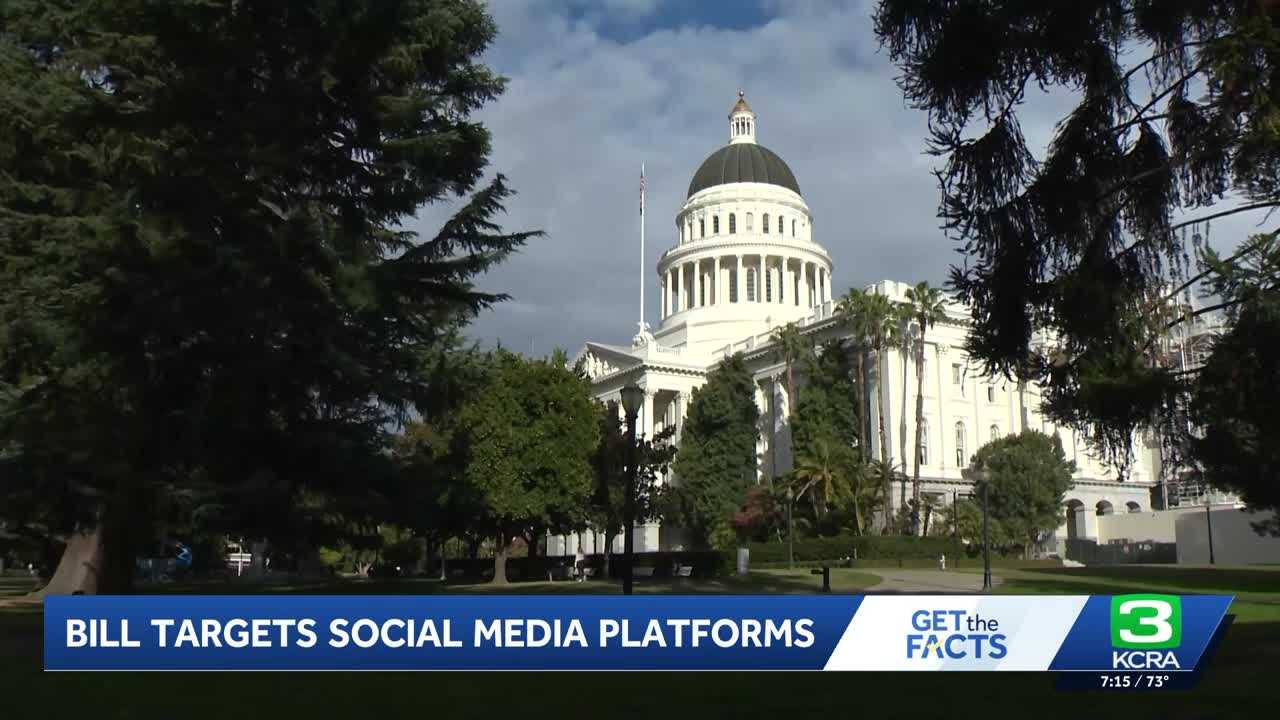A new California bill called SB 771 seeks to hold social media companies accountable for amplifying violent or threatening content. While claiming to guard public safety, the proposal has garnered significant online backlash over concerns it may chill free speech.
What is SB 771 and how would it impact free speech in California?

Key Takeaways:
- SB 771 aims to hold social media companies accountable for violent or threatening content
- The proposal has spurred intense debate and is “catching major heat online”
- Critics fear it could infringe on free speech rights
- Both Democrats and Republicans in California are noted in discussions around the bill
- The law could have broad implications for how platforms moderate content
Setting the Scene
A proposed California law known as SB 771 has drawn considerable attention for its focus on holding social media companies responsible if they amplify violent or threatening content. The measure comes amid growing demands for tighter controls on online interactions, but the level of debate suggests that free speech could also be at stake.
The Core of SB 771
SB 771 specifically targets behavior on major online platforms by insisting that social media companies answer for the promotion of harmful posts. Proponents argue it addresses the escalating incidences of menacing language in digital spaces. For them, the bill’s main goal is public safety, by making sure platforms are more vigilant about posts that might incite violence.
Public and Online Reactions
The legislation has been described as “catching major heat online.” Its detractors worry that aggressive regulatory measures could stifle legitimate discourse. Amid the heated conversation, free speech advocates and concerned citizens have taken to various social media channels to discuss whether the bill could create unintended consequences for everyday users.
Political Implications
The fate of SB 771 lies in a tense political climate featuring both Democrats and Republicans in California. Political figures on either side may feel compelled to weigh in on the balance between public welfare and constitutional liberties. Although details about the bill’s authors or supporters are limited, the broader conversation illustrates that politicians and activists alike sense significant stakes in how this legislation could shape future regulations.
Looking Ahead
While it remains to be seen how SB 771 will fare, the public’s reaction underscores broader questions regarding the role of government in policing online platforms. The outcome could serve as a blueprint—or a warning—for similar initiatives tackling violence-tinged or threatening digital content, all while testing the boundaries of free speech in the Golden State.











